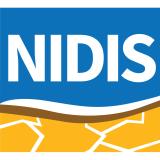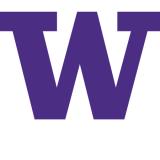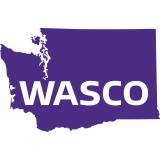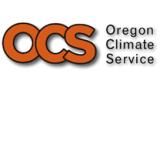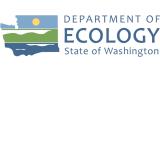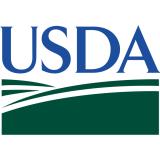19th Annual Oregon-Washington Water Year 2024 Recap and 2025 Outlook Meeting
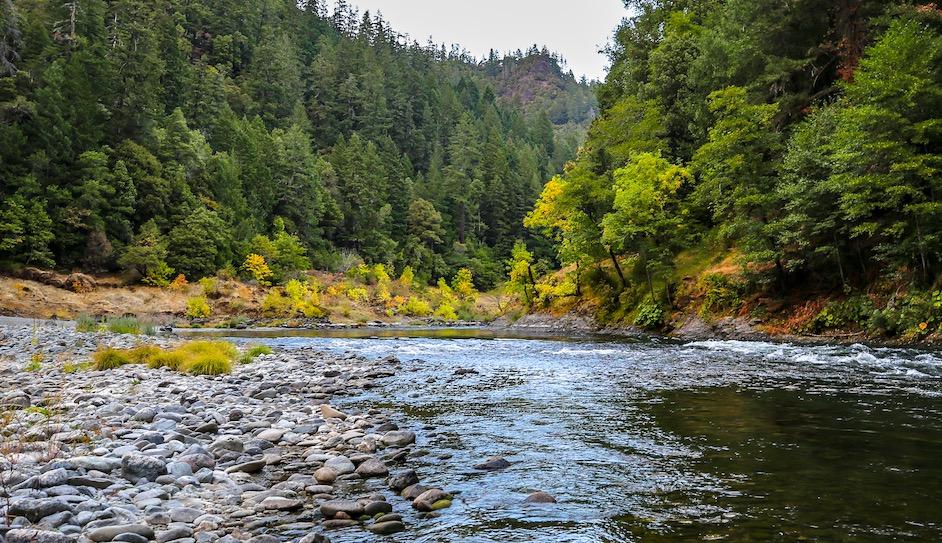
The 19th annual Oregon-Washington Water Year Meeting: 2024 Recap and 2025 Outlook was held on October 29–30, 2024. The goal of this meeting was to share and gather information regarding climate impacts of Water Year 2024. Topics included the warmer-than-normal winter, lack of Washington snowpack and subsequent drought development, the changing drought conditions in Oregon, and the hot July. This meeting also offered the opportunity to learn from others about mitigation actions that were taken through group discussion. Forecast experts provided expectations for 2025, including discussion of what the switch to La Niña in the tropical Pacific means for the region.
An end-of-water year survey for participants (and others) to record impacts and actions taken to minimize those impacts has closed. Both the survey and the workshop will help inform an annual Pacific Northwest Water Year Impacts Assessment.
View presentations from the meeting, the meeting agenda, and video recordings of day one and day two.
This event was hosted by the National Oceanic and Atmospheric Administration (NOAA) National Integrated Drought Information System (NIDIS), the University of Washington Climate Impacts Group, and the Office of the Washington State Climatologist with planning committee participation from the Nez Perce Tribe Water Resources Division, Oregon State University’s Oregon Climate Service, the Oregon Water Resources Department, the USDA Northwest Climate Hub, and the Washington Department of Ecology.


